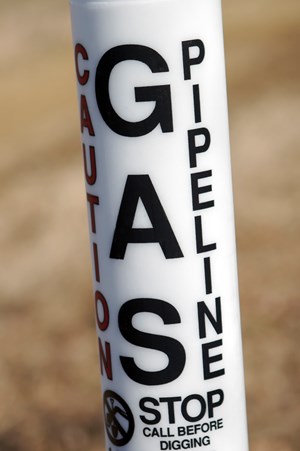NPCC launches gas infrastructure study to evaluate distribution systems, pipeline constraints
(UI) – The Northeast Power Coordinating Council (NPCC) announced the launch of a northeastern regional gas infrastructure study to evaluate fuel supply to the region’s electric generation. The study will consider the gas supply and pipeline constraints that may occur during extreme and protracted winter weather events during the winter peak heating season (December through February 2024-2025, 2027-28 and 2032-33).
The study will also reflect insight related to recent concerns presented at the June 20 New England Winter Gas-Electric FERC Forum regarding future reliability and affordability of the local gas distribution systems. In addition, FERC’s recently released Winter Storm Elliott report underscores the consequences that significant winter weather events may have on the reliability of both the electric and the local gas distribution systems.
“This study will be vital to the region’s energy infrastructure decisions and will inform both regulatory and legislative policy and decision makers about the capacity, capabilities and resilience of the region’s gas infrastructure,” said Charles Dickerson, President and Chief Executive Officer of NPCC, Inc. “This study also serves as an example of how NPCC continues to work with NERC and other stakeholders to facilitate reliability in the region.”
A Steering Committee consisting of the New York ISO, ISO New England, NERC and the Northeast Gas Association will support evaluation of the gas pipeline and storage infrastructure to serve the NPCC gas-fired generation during the winter peak heating season.
“Hydraulic system modeling, along with system data from various entities that use the region’s gas infrastructure, will be used to illustrate the ability of the natural gas system to serve gas-fired generation for the winter peak heating season for a variety of gas-side or electric-side scenarios,” explained Phil Fedora, NPCC’s Chief Engineer and Vice President of Reliability Services.
“As has been demonstrated in recent events across the country, the electric and gas systems are interdependent and a failure in one system can impact the other. The independent system operators have no jurisdiction over the natural gas system and do not have the expertise to determine whether it will remain reliable as the energy industry evolves. This study will provide important insight into the gas system and its ability to support both electric generation needs and customer gas use as the demands from both change in the future,” added Gordon van Welie, President and CEO of ISO New England, Inc.
Related News
From Archive

- Glenfarne Alaska LNG targets late-2026 construction start for 807-mile pipeline project
- U.S. water reuse boom to fuel $47 billion in infrastructure spending through 2035
- $2.3 billion approved to construct 236-mile Texas-to-Gulf gas pipeline
- Major water pipe break in Puerto Rico hits over 165,000 customers
- Potomac River Tunnel project enters construction phase beneath Washington, D.C.
- Pennsylvania American Water launches interactive map to identify, replace lead water service lines
- Trump's tariffs drive $33 million cost increase for Cincinnati sewer project
- Utah city launches historic $70 million tunnel project using box jacking under active rail line
- Tulsa residents warned after sewer lines damaged by boring work
- Fatal trench collapse halts sewer construction in Massachusetts; two workers hospitalized




Comments